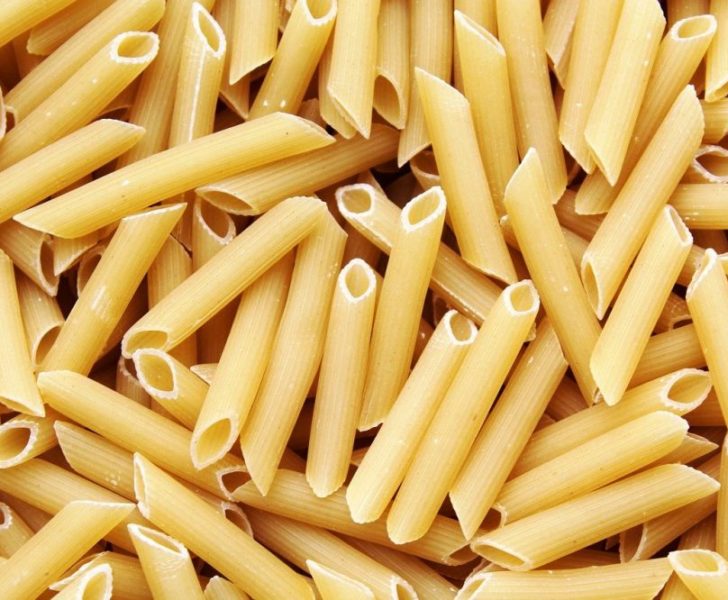PCOS Diet: Achieving Balance for Optimal Health

Introduction
Polycystic ovary syndrome (PCOS) is a complex hormonal disorder that affects many women worldwide. It is characterized by imbalances in reproductive and metabolic functions, leading to symptoms such as irregular periods, excessive hair growth, and weight gain. While there is no cure for PCOS, adopting a proper diet can play a crucial role in managing the condition and promoting overall well-being. In this article, we will provide an in-depth overview of the PCOS diet, including its various types, quantitative measurements, differences, and historical pros and cons.
Understanding PCOS Diet

The PCOS diet focuses on making specific dietary changes to regulate insulin levels, manage weight, and reduce inflammation in the body. By addressing these key factors, women with PCOS can alleviate symptoms and potentially improve fertility. There are several types of PCOS diets that individuals can explore, such as:
1. Low Glycemic Index (GI) Diet: This diet emphasizes consuming carbohydrates with a low GI, which prevents blood sugar spikes and insulin resistance, a common issue among women with PCOS.
2. Mediterranean Diet: This is a well-rounded approach that incorporates whole foods, healthy fats, lean proteins, and plenty of fruits and vegetables. It has been associated with improved insulin sensitivity and weight management in women with PCOS.
3. DASH Diet: Originally designed to lower blood pressure, the Dietary Approaches to Stop Hypertension (DASH) diet promotes the consumption of fruits, vegetables, whole grains, and lean proteins while reducing sodium intake. It may have benefits for PCOS by improving insulin resistance and metabolic markers.
4. Anti-Inflammatory Diet: Inflammation can worsen PCOS symptoms, so focusing on foods with anti-inflammatory properties, such as fatty fish, nuts, berries, and leafy greens, can be beneficial.
Quantitative Measurements of PCOS Diet
To determine the effectiveness of different PCOS diets, researchers often conduct quantitative measurements. For instance, studies have examined the impact of these diets on weight loss, insulin sensitivity, hormone levels, and lipid profiles in women with PCOS. Some quantitative markers to consider include:
1. Body Mass Index (BMI): Assessing BMI changes allows for tracking weight loss progress and evaluating the diet’s effect on body composition.
2. Fasting Insulin Levels: Monitoring fasting insulin levels helps determine the diet’s ability to regulate insulin secretion and improve insulin sensitivity.
3. Hormone Levels: Measuring hormones like testosterone, luteinizing hormone (LH), and follicle-stimulating hormone (FSH) can indicate hormonal balance or imbalances resulting from certain diets.
4. Lipid Profile: Evaluating lipid parameters, such as cholesterol and triglyceride levels, provides insight into the diet’s impact on cardiovascular health.
Differences Between PCOS Diets
While all PCOS diets share a common goal of managing symptoms, their specific approaches differ. The key differences lie in macronutrient distribution and emphasis on certain food groups. For example:
1. Low Glycemic Index (GI) Diet: Focuses on eating carbohydrates with a low GI, such as whole grains, legumes, vegetables, and fruits.
2. Mediterranean Diet: Emphasizes healthy fats, lean proteins, whole grains, and a wide variety of fruits and vegetables, while limiting processed foods and saturated fats.
3. DASH Diet: Prioritizes fruits, vegetables, whole grains, lean proteins, and low-fat dairy, while restricting sodium intake.
Historical Pros and Cons of PCOS Diets
PCOS diets have evolved over time, with varying pros and cons associated with each approach. It is essential to acknowledge historical perspectives, as they shed light on the development and refinement of these diets:
1. Pros: PCOS diets have shown promising results in weight management, improved insulin sensitivity, hormonal regulation, and fertility in some women. They also encourage healthier eating habits, which can benefit overall health and well-being.
2. Cons: In the past, some PCOS diets may have been overly restrictive or focused solely on weight loss without considering the individual’s specific nutritional needs. Furthermore, the lack of standardized guidelines and personalized approaches could be challenging for some individuals to navigate.
Conclusion
In conclusion, the PCOS diet is a vital component of managing the symptoms associated with PCOS. By adopting specific dietary approaches, women with PCOS can regulate insulin levels, manage weight, and promote hormonal balance. Whether following a low glycemic index diet, Mediterranean diet, DASH diet, or anti-inflammatory diet, it is necessary to consider quantitative measurements and individual differences in evaluating effectiveness. Looking back at the historical development of PCOS diets allows us to recognize the progress made and encourages further research to refine these approaches. Through proper nutrition and lifestyle modifications, women with PCOS can take control of their health and enhance their overall quality of life.
[INSERT VIDEO HERE – ”Expert Tips for Following a PCOS Diet” or ”Success Stories: How the PCOS Diet Transformed Lives”]











